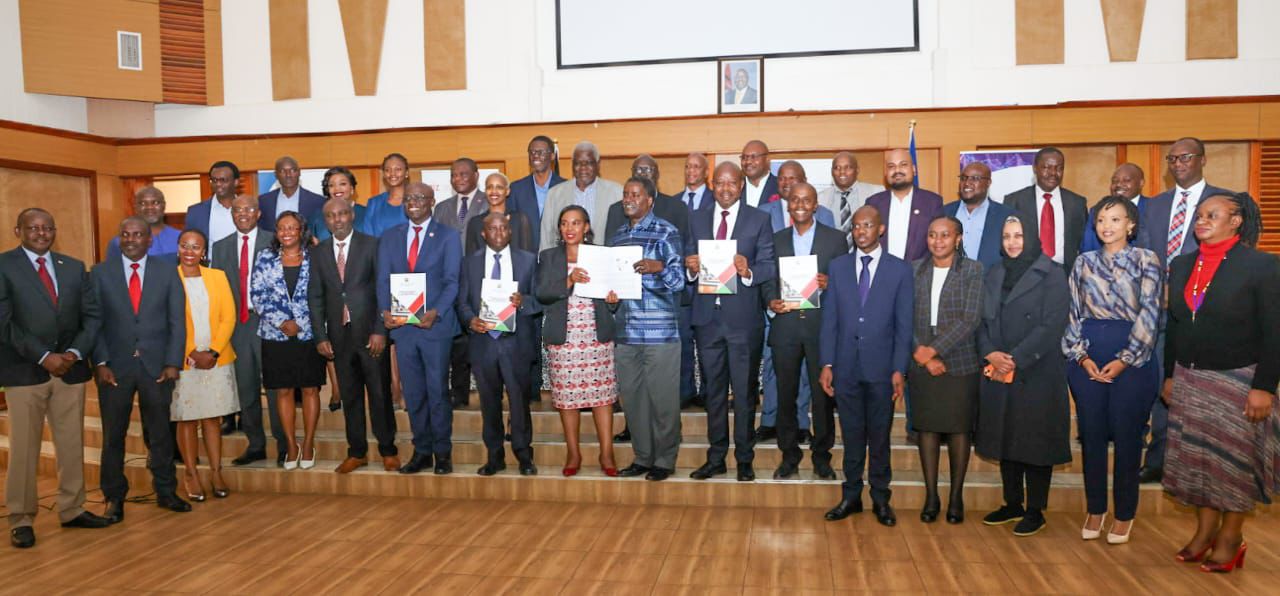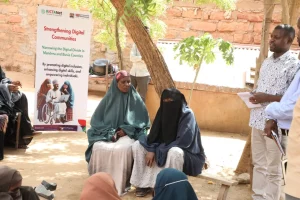By John Walubengo
Innovation and Enterprise Development: Time to Level Up
Kenya has long been dubbed the Silicon Savannah, but we’re only scratching the surface of our potential. The SWG’s recommendations to incentivize R&D through tax breaks and reform the SEZ (Special Economic Zones) to include big tech and startups are likely to be the game changers.
Without these reforms, we risk stagnating while other countries attract the brightest minds and the biggest investments.
The proposal to create an innovation visa is particularly exciting. Think about it—Kenya could become the destination for the world’s top digital innovators. If we do not deliberately make it easier for ICT talent to come here to Kenya, they’ll go elsewhere in Africa. Mauritius, South Africa and Egypt seem to be currently the top talent destinations in Africa.
Digital Skills and Jobs: A Pipeline for the Future
Kenya has a youthful, tech-savvy population, but it needs to be well-directed. The SWG has recommended the development of a national digital skills strategy, with lifelong learning programs and partnerships with the private sector to ensure that our workforce is future-ready. The focus is not just on jobs for today, but more so on the jobs for tomorrow—the kind that will propel Kenya into the global digital economy.
And yes, we need an “innovation visa.” Without this, we’ll lose out on digital talent that could be building Kenya’s tech future. Other countries are already offering these kinds of incentives, and Kenya needs to catch up.
Postal, Courier, and E-Commerce: An Overdue Makeover
The Postal Corporation of Kenya (PCK) is struggling, and the SWG acknowledge that reality. They recommend overhauling the PCK Act and creating standalone policies for postal services and e-commerce. This is crucial for making Kenya a leader in the digital economy, where online trade is booming but currently lacks progressive regulatory support.
Specifically, issues to do with physical addresses for office blocks, residential or other facilities have hampered the effective take-off of eCommerce services. Without these reforms, Kenya’s e-commerce potential will remain stunted.
Think about all the lost opportunities for entrepreneurs who rely on digital platforms and marketplaces but lack that definitive last-mile delivery point. The SWG’s recommendations are designed to make sure they close the missing gap and rejuvenate PCK.
Media and Broadcasting: Staying Relevant in the Digital Age
Kenya’s media landscape is evolving, and the SWG’s recommendations are aimed at making sure it doesn’t get left behind. From proposals to developing a National Media Policy to restructuring the Kenya Broadcasting Corporation (KBC), these reforms are meant to support the creation of local content and ensure media freedom.
The establishment of the proposed Technology Fund could be a game-changer in the sector. It would help fund diverse ICT and specifically media-related initiatives and ensure that all Kenyan voices are heard, both locally and globally.
Public Relations and Communications: Combatting the Misinformation Era
In the age of digital misinformation and disinformation, Kenya needs a strong public relations strategy. One of the key SWG’s recommendations is to fast-track the Public Relations and Communications Management Bill 2024. Without it, the government’s ability to communicate effectively and counter misinformation is severely hampered.
And let’s face it—without proper communication channels, misinformation spreads like wildfire. The SWG is calling for enhanced crisis communication capabilities and better use of digital tools to tackle these challenges head-on.
Financing the Digital Dream & Ensuring Success
Building a digital economy is not cheap, and the SWG is calling for more creative financing solutions. Public-Private Partnerships (PPPs) are essential if Kenya is going to keep up with its ambitious ICT goals. The establishment of a technology fund or digital infrastructure bond could provide the funding necessary to support critical projects.
All these reforms sound great, but they mean nothing if not properly implemented. The SWG emphasizes the need for strong project management and governance structure within the Ministry of IC&DE.
Establishing a multi-stakeholder project delivery committee will help keep things on track. If the government fumbles with the implementation, Kenya risks falling behind on its digital transformation goals.
The ICT reforms laid out by the SWG aren’t just a wish list—they are a blueprint for Kenya’s future. Implementing these changes will secure Kenya’s place as a digital leader in Africa and beyond.
Failure, however, could leave the country scrambling to catch up in a world that’s moving faster than ever. The time for action is now.
Kenya’s digital future is within reach, but only if we’re bold enough to seize it.
John Walubengo is an ICT Lecturer and Consultant. @jwalu.
![]()




